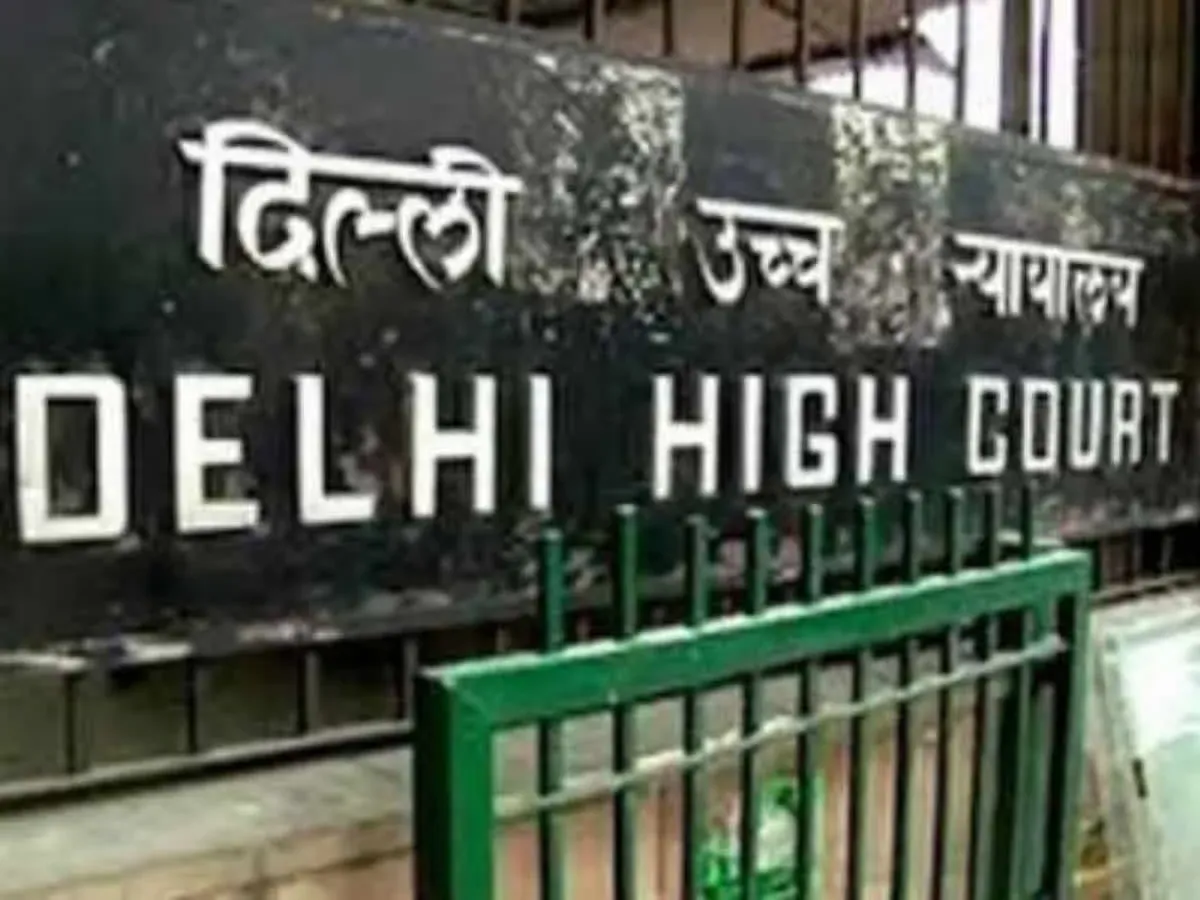In a significant ruling, the Delhi High Court emphasized the necessity for trial courts to promptly address bail applications filed under Section 479 of the Bharatiya Nagarik Suraksha Sanhita (BNSS), 2023. The court underscored that mechanical adjournments in such cases are unacceptable, especially when undertrial prisoners have already served half of the maximum imprisonment term prescribed for their alleged offenses.
Understanding Section 479 of BNSS
Section 479 of the BNSS pertains to the maximum period for which an undertrial prisoner can be detained. It stipulates that if an individual has been in detention during the investigation, inquiry, or trial for an offense (excluding those punishable by death or life imprisonment) for a period extending up to one-half of the maximum imprisonment specified for that offense, they are entitled to be released on bail. Furthermore, for first-time offenders—those with no prior convictions—the provision allows for release on bond if they have undergone detention for up to one-third of the maximum imprisonment period specified for the offense.
Case Background
The High Court's observations arose during the hearing of a bail application filed by a 60-year-old man accused under the Protection of Children from Sexual Offenses (POCSO) Act. The First Information Report (FIR) against him was lodged based on a complaint by the victim's mother. The accused had previously filed two bail applications, both of which were dismissed by the trial court in the preceding year.
The petitioner contended that, due to his advanced age, he was suffering from various health ailments and had already spent more than one and a half years in jail. Notably, while his latest bail application was filed in November 2024, the jail authorities had, in December 2024, forwarded a letter to the trial court indicating that he had completed one-third of the maximum sentence he could face upon conviction. This letter was accompanied by an application for bail submitted by the jail authorities on his behalf.
Despite these submissions, the trial court had not adjudicated the bail application for over two months, leading to the accused being denied the benefits provided under Section 479 of the BNSS.
High Court's Observations
Justice Swarana Kanta Sharma expressed concern over the trial court's handling of the bail application. The High Court noted that despite the clear mandate of Section 479 and the report from the jail authorities, the trial court had adjourned the matter multiple times without substantive consideration. Even after acknowledging on January 8, 2025, that a report regarding the accused's previous involvement had been received, the trial court failed to expedite the hearing.
The High Court emphasized that such delays contravene the intent of Section 479, which aims to prevent prolonged detention of undertrial prisoners beyond reasonable periods. The court highlighted that in situations where a presiding judge is on leave, it is imperative to inform the concerned Link Judge about such cases to ensure they are addressed promptly, either on the next scheduled date or at the earliest possible opportunity.
Implications of the Ruling
This ruling serves as a critical reminder to trial courts about the importance of adhering to statutory mandates designed to protect the rights of undertrial prisoners. The High Court's directive seeks to prevent unnecessary delays in the judicial process, ensuring that individuals do not remain incarcerated for periods extending beyond what is justifiable under the law. By mandating prompt consideration of bail applications under Section 479, the court reinforces the principle that justice delayed is justice denied, particularly for those awaiting trial.










0 Comments
Thank you for your response. It will help us to improve in the future.